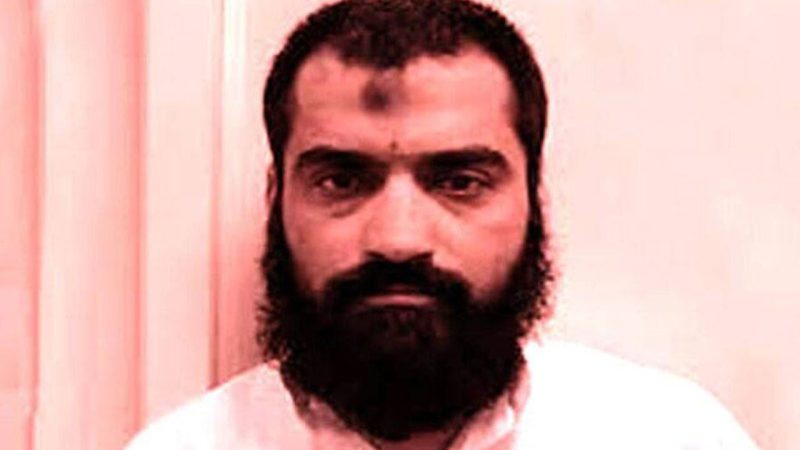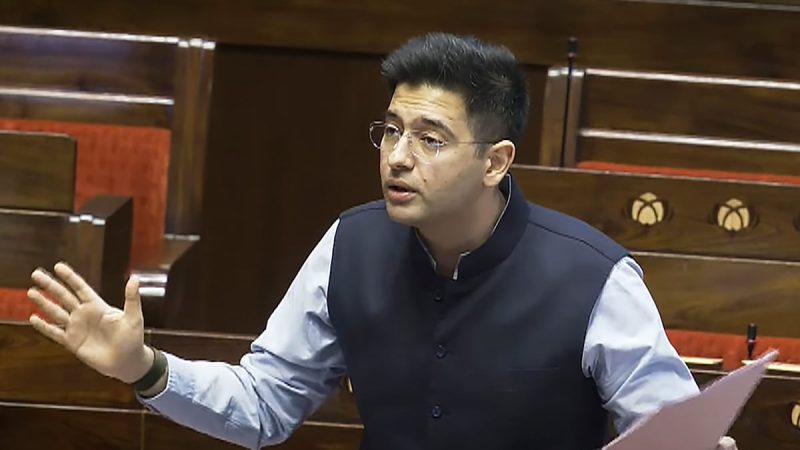People praise Army for interception of Kamikaze drones, missiles in air to protect Jammu

Men and machines of the armed forces worked meticulously to ensure the interception of Kamikaze drones and missiles fired by Pakistani troops targeting Jammu, drawing widespread appreciation from people
Updated On – 9 May 2025, 08:56 PM

Garkhal: Men and machines of the armed forces worked meticulously to ensure the interception of Kamikaze drones and missiles fired by Pakistani troops targeting Jammu, drawing widespread appreciation from people.
India on Thursday night swiftly thwarted Pakistan’s fresh attempts to strike military sites with drones and missiles, including in Jammu and Pathankot, after foiling similar bids at 15 locations across the country’s northern and western regions, amid a military conflict between the two neighbours.
Looking after the operational area of Jammu under the command of the 9 Corps, the 26 Infantry Division, nicknamed the “Tiger Division”, had put in place a robust air-defence system, virtually carving out an Israel-type Iron Dome to protect Jammu from a Hamas-style attack by Pakistan.
An official who was privy to the developments said it was a meticulous combination of men and machines in defence that thwarted such a massive Pakistani attack.
In the dead of night, Pakistan unleashed its most audacious assault on Jammu since the 1971 war, deploying a swarm of more than a hundred Kamikaze drones and missiles in a sinister attempt to devastate the city. But what followed was a show of unmatched precision, courage and resilience.
“We are indebted to our armed forces who have saved Jammu from a major attack by Pakistan. We appreciate them for their missionary work. We never thought these bombs could be neutralised in the air,” Garkhal resident Sikender Singh said.
Singh, whose family, along with more than 500 villagers, has shifted to safer camps set up by the government in Mishriwala on the Jammu outskirts, said had the bombs not been intercepted, they could have caused massive deaths and destruction.
The Army, backed by one of the world’s finest air-defence systems, intercepted the aerial barrage with astonishing accuracy — virtually every hostile object was destroyed mid-air. Not a single vital installation was touched. Not a single civilian life was lost.
“Eight missiles from Pakistan were directed at Satwari, Samba, R S Pura and Arnia. All were intercepted and blocked by air-defence units. Visuals over Jammu reminded exactly of a Hamas-style attack on Israel, like multiple cheap rockets,” an Army official said.
He said the Pakistan Army is operating and behaving like Hamas. “Drones were sighted at multiple places along the western front — confirmed to be hostile. They are being effectively engaged by our air-defence systems. Pakistani drone attacks have been reported at various locations along the western borders and are being effectively countered by the Indian armed forces,” he added.
Like Singh, young Surinder Kumar of nearby Pargwal village praised the Army profusely for its new air-defence security system that neutralised Pakistan’s missiles and drones. “We were fearful about the attack by Pakistan. But the defence system put in place has driven fear out of us. We are proud of our Army. We are here to stand by our forces in the defence of our motherland,” the graduation student said.
The multi-tier air-defence system, with a twin technological security architecture of Russian and Israeli surface-to-air missile setups and the indigenous Akash, was a game changer against such attacks.
Former Jammu and Kashmir director general of police S P Vaid appreciated the armed forces and their technological security systems for effectively dealing with the Pakistani attacks.
He said 50 to 60 air attacks by Pakistan over Jammu and other places were neutralised on Thursday night by the impregnable air-defence system of the country.
“No reports have come from anywhere of any damage despite such a huge aerial attack by Pakistan. A befitting reply was given to Pakistan, who virtually thrust on us a full-fledged war. We must appreciate the armed forces,” Vaid said.
According to reports, Pakistan targeted Kathua, Samba, Jammu, Rajouri and Poonch districts on Thursday night. Jammu saw missile and drone attacks and firing targeting civilian and strategic locations in Satwari, R S Pura, Arnia, Akhnoor, Kanachak and Pargwal along the border with Pakistan and the hinterland of Jammu and Udhampur, which houses the Northern Command of the Indian Army.
“The attack was widespread — the first time at such a scale after the 1971 war. While the Army performed the role of a saviour to neutralise aerial bombs, the government also cooperated perfectly with sirens and blackouts,” Arvind Koul, a businessman, said.
He further said it is a major relief for the entire population of more than 15 lakh in Jammu. “We have seen the Iron Dome of Israel and how it neutralises missiles. But for the first time, we are proud that our brave Army did a similar act to save Jammu.” Jammu, the winter capital of Jammu and Kashmir, is a Hindu-majority district with a population of more than 15 lakh, according to the 2011 Census.
In a swift and precise response, Indian armed forces successfully thwarted a Hamas-style attack launched from across the border by intercepting and neutralising all incoming missiles and drones directed at key locations in Jammu and surrounding areas late Thursday night.






